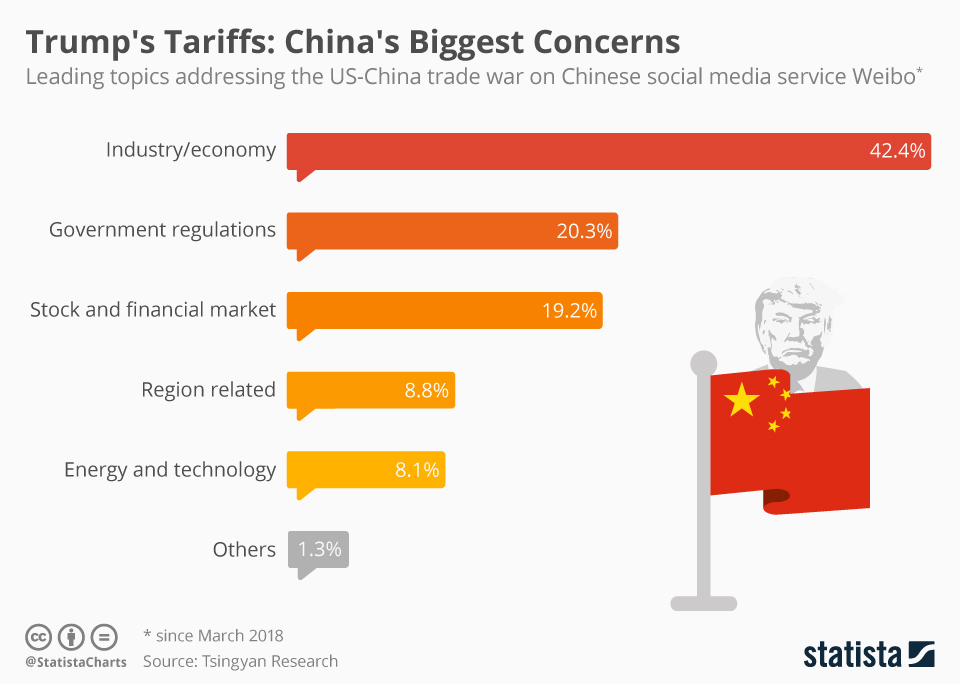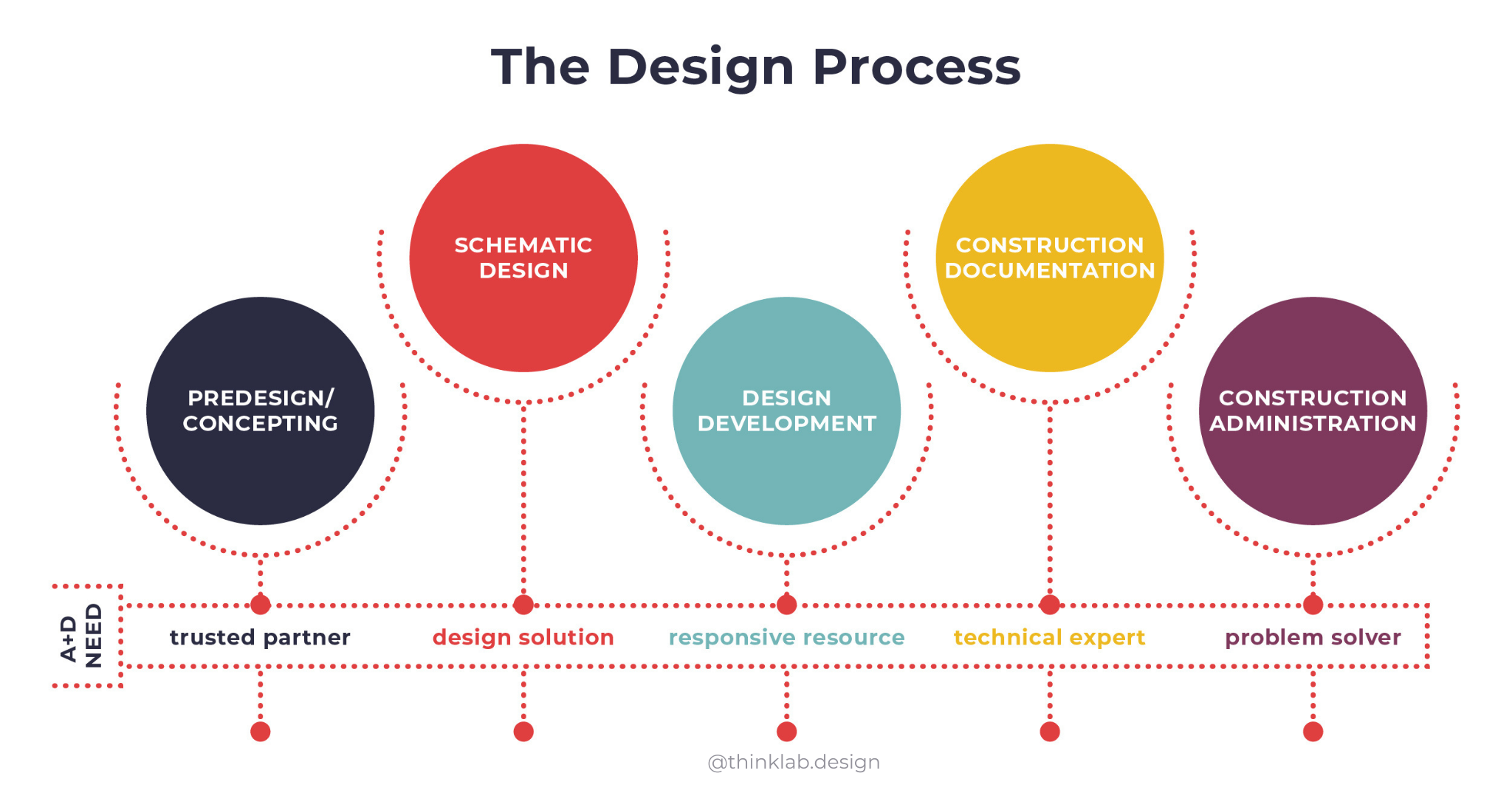Strengthened EU Response To US Tariffs: A Call From France

Table of Contents
France's Criticism of the Current EU Approach
France argues that the EU's current retaliatory measures against US tariffs are insufficient to deter further protectionist actions and achieve a fair resolution. This dissatisfaction stems from several key shortcomings.
Insufficient Retaliation
France believes the EU's response has been too passive. The current counter-tariffs, in their view, lack the necessary strength to meaningfully impact the US economy or force meaningful negotiations.
- Limited scope of EU counter-tariffs: The EU's retaliatory tariffs have been targeted at specific sectors, leaving many others unaffected by US protectionism.
- Lack of impact on US economy: The scale of the EU's countermeasures has been deemed insufficient to significantly pressure the US to reconsider its tariff policies. The economic impact on the US has been minimal, failing to incentivize a change in approach.
- Ineffectiveness in prompting negotiation: The current response has not proven effective in prompting the US to engage in constructive negotiations to resolve the trade dispute. This lack of progress fuels France's call for stronger action.
Need for a More Aggressive Strategy
To address these shortcomings, France advocates for a more assertive and proactive approach to the trade dispute. This involves exploring multiple strategies to safeguard European interests.
- Diversifying trade relationships: Reducing reliance on the US market by strengthening trade ties with other countries is vital. This diversification strategy protects EU businesses from future US trade actions.
- Implementing stricter regulations on US imports: Leveling the playing field through stronger regulations on US imports could counter unfair trade practices and protect European businesses from undue competition.
- Increased investment in European industries affected by tariffs: Targeted investment in sectors hurt by US tariffs is critical to bolster their competitiveness and resilience against future trade shocks. This includes financial aid, research grants, and workforce development initiatives.
Specific Policy Proposals from France
France isn't just criticizing; it's proposing concrete solutions to strengthen the EU's response to US tariffs. These proposals aim for greater precision and impact.
Targeted Sanctions
Instead of broad counter-tariffs, France suggests focusing on specific US sectors with significant retaliatory tariffs, aiming for maximum impact with minimal harm to EU consumers.
- Identifying key US export sectors vulnerable to EU countermeasures: Careful analysis is needed to pinpoint the US sectors most susceptible to EU retaliatory actions, maximizing the effect of targeted sanctions.
- Precisely calibrated tariffs to maximize impact while minimizing harm to EU consumers: The goal is to find a balance between effective retaliation and minimizing negative consequences for European consumers. This requires careful consideration and economic modeling.
- Legal challenges and potential WTO disputes related to targeted sanctions: France's proposals must account for the potential legal challenges and WTO disputes that may arise from the implementation of targeted sanctions.
Strengthening EU Industrial Policy
France emphasizes the need for a robust EU industrial policy to support sectors impacted by US tariffs, improving long-term competitiveness.
- Subsidies and incentives for affected industries: Direct financial support and tax incentives are necessary to help affected industries adapt and remain competitive in the face of US tariffs.
- Investment in research and development: Increased investment in research and development within affected sectors will drive innovation and improve long-term competitiveness.
- Skills development and training programs for workers: Upskilling and reskilling programs are essential to prepare the workforce for the changing economic landscape resulting from the trade dispute.
Challenges and Potential Outcomes
Implementing a stronger EU response to US tariffs presents significant challenges and potential risks.
Internal EU Divisions
A unified EU response is challenging due to varying national interests and economic dependencies within the bloc. Reaching a consensus requires addressing conflicting priorities.
- Balancing the interests of various member states: Finding a balance between the needs of different member states is crucial for a unified approach. This requires skillful negotiation and compromise.
- Addressing concerns about potential negative impacts on certain sectors: Some EU sectors might be negatively impacted by stronger retaliatory measures, requiring careful consideration of potential consequences.
- Negotiating compromises to achieve a common position: Achieving a unified stance demands extensive negotiations and compromises amongst diverse EU member states with different economic interests.
Escalation of Trade War
A more aggressive EU response could escalate the trade conflict, leading to further negative consequences for global trade.
- Potential for further tariff increases from both sides: An escalation could trigger a tit-for-tat cycle of tariff increases from both the EU and the US.
- Negative impact on global economic growth: An escalating trade war would negatively impact global economic growth, impacting both the EU and the US economies.
- Uncertainty and instability in international markets: Increased uncertainty and instability in international markets would result from an escalating trade war, harming global trade and investment.
Conclusion
France's call for a strengthened EU response to US tariffs reflects a growing sense of urgency within the EU. The current approach appears inadequate, requiring a more assertive and strategic response. While a more aggressive stance carries inherent risks, inaction could lead to further erosion of European competitiveness. The EU must carefully consider France's proposals and forge a unified strategy that balances effective retaliation with the broader goals of maintaining transatlantic relations and fostering global trade stability. A decisive and unified EU response to US tariffs is crucial for protecting European interests and ensuring a more equitable global trading system. The development of a robust and comprehensive EU response to US tariffs is paramount to safeguarding European businesses and promoting fair trade practices.

Featured Posts
-
 La Cite De La Gastronomie A Dijon Intervention Municipale Face Aux Defis D Epicure
May 09, 2025
La Cite De La Gastronomie A Dijon Intervention Municipale Face Aux Defis D Epicure
May 09, 2025 -
 Prove Your Stephen King Fandom Have You Read These 5 Books
May 09, 2025
Prove Your Stephen King Fandom Have You Read These 5 Books
May 09, 2025 -
 Analyzing Androids Design Changes And Their Effect On Gen Z
May 09, 2025
Analyzing Androids Design Changes And Their Effect On Gen Z
May 09, 2025 -
 Uy Scuti Release Date Young Thugs Latest Album Update
May 09, 2025
Uy Scuti Release Date Young Thugs Latest Album Update
May 09, 2025 -
 Burning Blue Mariah The Scientists Comeback Track Explored
May 09, 2025
Burning Blue Mariah The Scientists Comeback Track Explored
May 09, 2025
